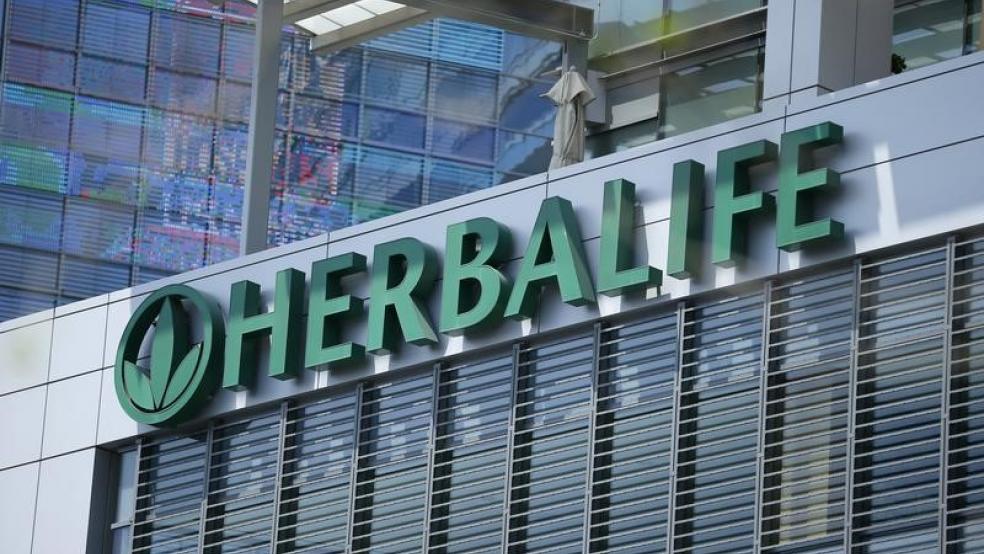WASHINGTON (Reuters) - The U.S. budget deal Congress is working to pass this week contains few surprises for the financial services industry, according to documents released by the House Appropriations Committee on Monday.
Budget bills primarily lay out how government money can flow, but often also include riders - smaller measures attached to the budget so they can become law. During spending negotiations last week, Democrats said many of the riders would lead them to walk away from any budget deal, dubbing them "poison pills."The proposal unveiled on Monday was hailed for its bipartisan support. "It is a solid bill that reflects our common values and that will help move our nation forward," said Representative Rodney Frelinghuysen, the Republican chairman of the House appropriations committee.“Overall, the Democrats were successful at keeping the omnibus funding bill from being hijacked by inappropriate policy additions, keeping out over 160 proposed poison pill riders," said Lisa Gilbert, vice president of legislative affairs at Public Citizen, a consumer advocacy group.The House of Representatives and Senate are expected to pass the $1 trillion spending bill that was unveiled on Monday before Friday. Many on Capitol Hill and off had anticipated the bill would include a rider on how the Consumer Financial Protection Bureau is funded. Currently, the agency receives its funding from the Federal Reserve, but Republicans have pushed to move the CFPB into the annual congressional budget, saying that would make it more accountable to voters.Instead, the deal was much lighter, only requiring the CFPB to report to Congress when it makes draws from the Fed.Democratic supporters of the CFPB, such as Massachusetts Senator Elizabeth Warren, say receiving funds from the Fed maintains the independence of the agency, created in the 2010 Dodd-Frank Wall Street reform law to protect individuals from fraud. Warren was former President Barack Obama's first choice to lead the CFPB, and the party's "Warren Wing," which includes the Banking Committee's senior Democrat, Sherrod Brown, is committed to keeping it intact no matter the cost."Opponents of the CFPB seem to realize that attempts to weaken the agency through the budget process could potentially derail a deal," said Rohit Chopra, a senior fellow at Consumer Federation of America and former CFPB official.The deal also maintains a contentious rider from the last budget barring the Securities and Exchange Commission from requiring companies to disclose their political donations.Democrats want major corporations to show to which candidates and causes they give money, and last year worked to block two SEC commissioner nominations when the nominees would not support donation disclosures. Republicans say the disclosures are not material to investors. (Reporting by Lisa Lambert; Editing by Dan Grebler)Few surprises for banks, financials in U.S. budget deal

STEVE MARCUS



